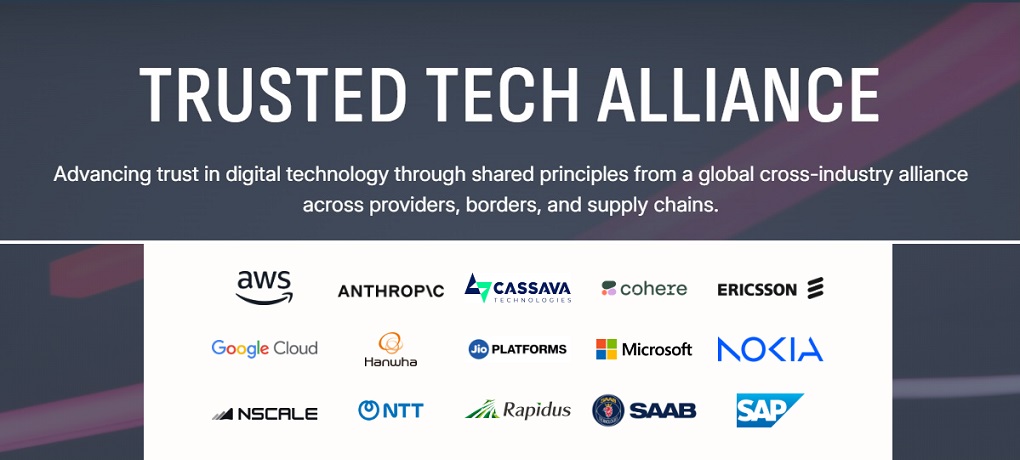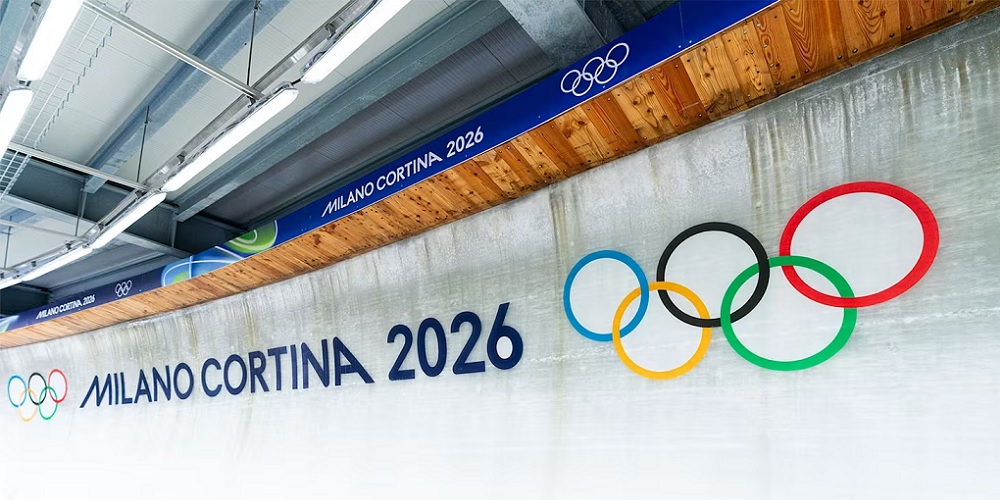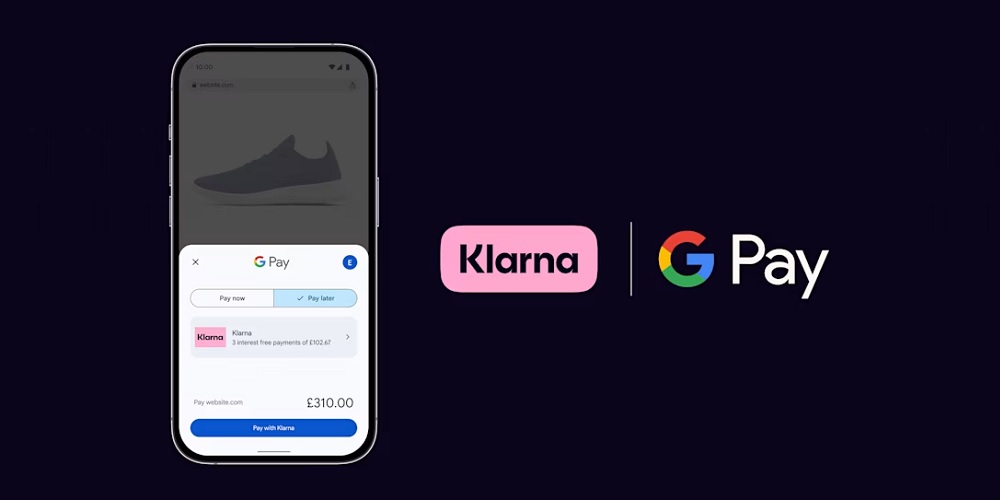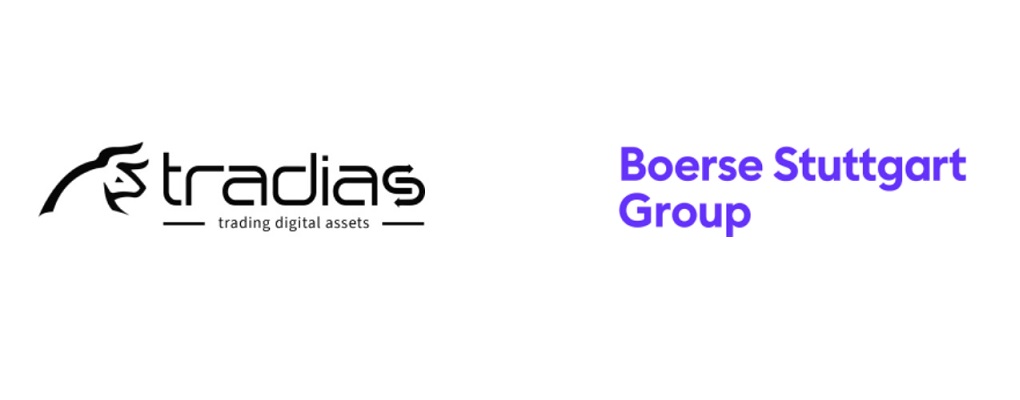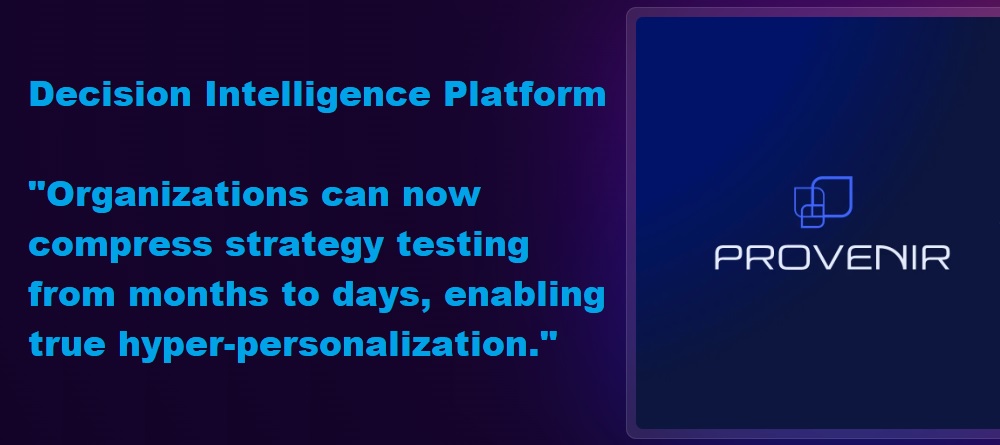Korean banks to launch blockchain identity platform next month
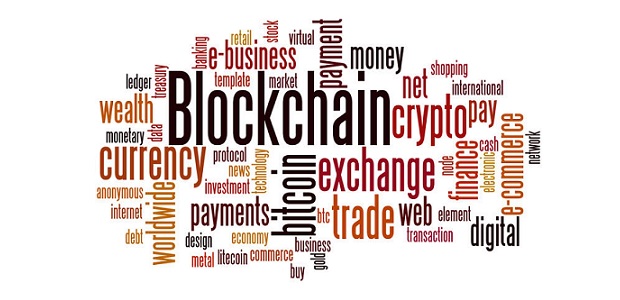
Banks plan blockchain ID system – New verification process could replace notorious certificates
Amid efforts to streamline online and mobile banking in the country, a new system based on distributed-ledger technology will be introduced into the local banking sector starting next month.
According to the Korea Federation of Banks (KFB), which represents major commercial banks in Korea, “BankSign,” a blockchain-based identity verification program, will officially be launched in July.
“BankSign is the first project co-developed by the local banking sector utilizing blockchain technology,” explained a spokesperson from the federation.
Blockchain is a system where data is stored in ledgers, which are distributed and saved on the computers of participating parties. Because information is distributed among players, proponents argue that the system is nearly impregnable against hacking. Blockchain systems with a bigger network are more impenetrable to attack.
While its wide applicability has been touted as one of the main benefits of the technology by enthusiasts, regular consumers in Korea – who mostly know blockchain through the cryptocurrency traded on local exchanges – have yet to experience the advantage of the technology on a day-to-day basis
The development of BankSign is an effort by local banks to improve the user verification process in online and mobile banking.
Right now, most banks in Korea rely on the so-called public certification system, a 20-year-old banking security system notorious for its complexity and inconvenience. The emergence of biometric authentication technologies has caused some more simplified solutions to user identification to be introduced in mobile banking, but consumers still have to go through the cumbersome process necessary with the traditional system in computer-based online banking.
The government earlier this year announced that it will revise the “Digital Signature Act” to lift the mandatory use of the traditional system. BankSign can be used in both computer-based online banking and mobile banking.
The bank federation created a consortium with its member banks last November to find a way to apply blockchain technology to the local banking sector. The consortium began the development of BankSign that same month. Beta testing of the system started in April among employees of selected banks, according to the federation.
“With BankSign, banks will have options to choose from in verifying consumer identity, not just the public certification system,” said Park Chang-ok, a manager at the department of deposit services and payment systems at KFB.
BankSign is based on Nexledger, a private blockchain solution created by Samsung SDS, explained Park.
Unlike a public blockchain system, private blockchain systems require permission or an invitation, often by the network starter, to gain access to the ecosystem.
BankSign marks the second time that Nexledger has been applied to the financial sector. Previously, Samsung SDS provided the platform to Samsung Card in late 2016, a spokesperson from the tech company explained.
“While BankSign will start off by providing the service in the banking sector, we will work with the government and other public organizations to expand its usage,” said the KFB spokesperson.
Source: Korea Joongang Daily
Dariusz Mazurkiewicz – CEO at BLIK Polish Payment Standard
Banking 4.0 – „how was the experience for you”
„To be honest I think that Sinaia, your conference, is much better then Davos.”
Many more interesting quotes in the video below:

